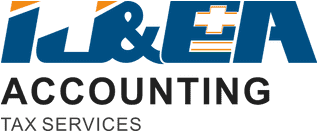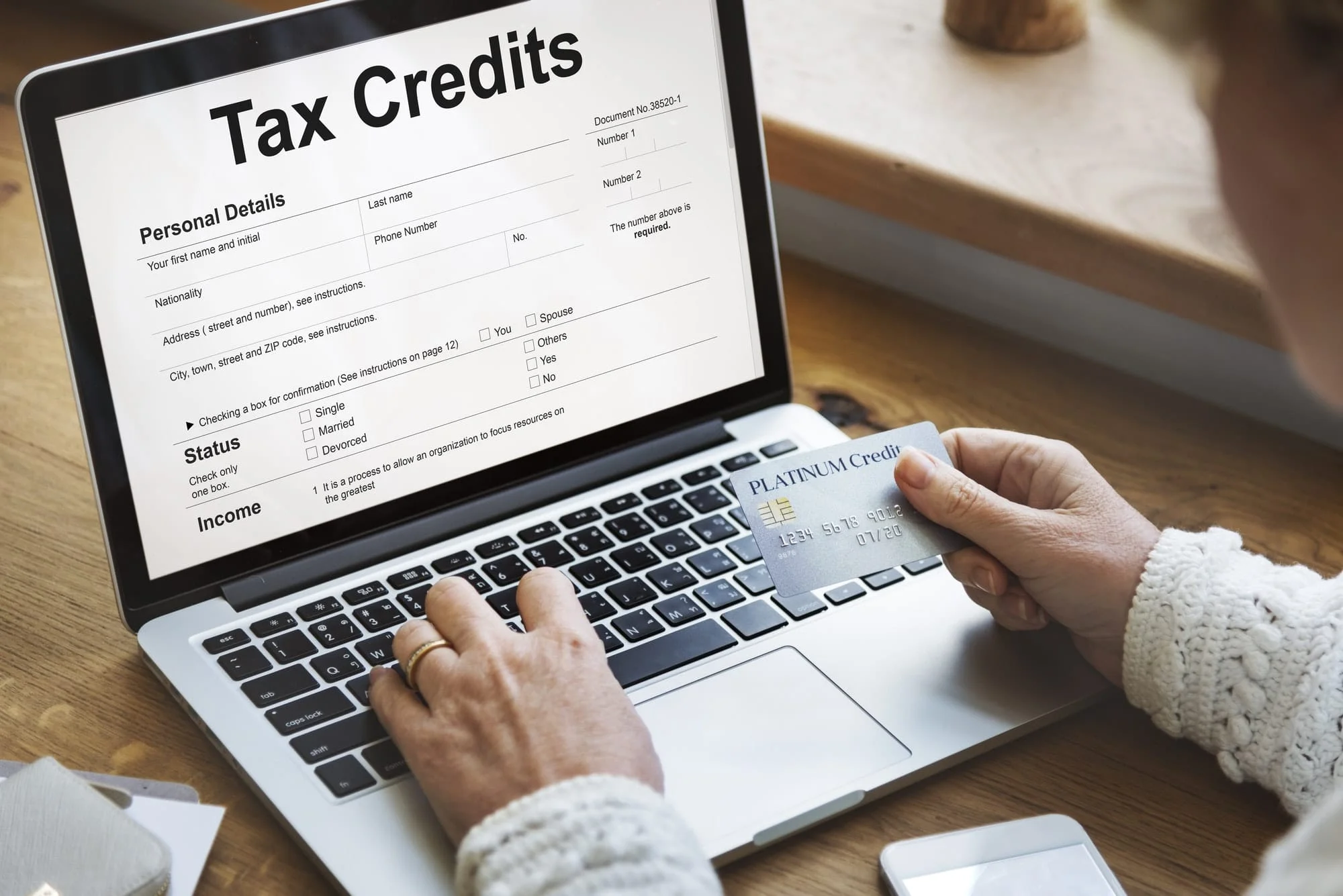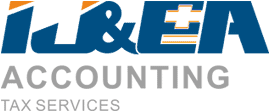Taxes and Tax Deductions are an essential part of every business. But for most business owners, they’re a matter that brings a severe headache. Being a businessperson, you may feel frustrated trying to comprehend ideas related to taxation and self employed tax deductions, but to no use. Moreover, even if you do not own a business but only have a job, identifying what can be claimed as deductions can be a daunting task.
Therefore, we bring you an overview of various terms that will come in handy when you look to file your taxes. So, let us begin with it without any further ado.
What is a Tax Deduction?
Taxes are only paid on what is called your “taxable income”. This might seem simple but actually, you can save some money by claiming some tax deductions, once the tax time comes. To put it simply, if you spend money on work-related purchases or expenses that are not private, you can claim allowable tax deductions on the amount spent.
That means, if you have spent a certain percentage of your salary on work-related errands, that amount is to be subtracted from your income to derive your taxable income. However, you must have a proof of these expenditures in order to claim the tax deduction.
Depreciation Rules
For businesses, there are a lot of assets that have effective life of use. Depreciation means the decrease in the value of any asset that a business owns and uses to generate income. Generally, depreciation can be claimed by the legal owner of the asset.
Some general rules are given below:
- The depreciation amount is incurred only to the extent you use it for income purposes. If an asset is used for both personal and business purposes, only the business purpose is counted to apply depreciation.
- Besides, the cost of the asset includes the original price, the amount you paid for transportation and associated costs etc.
- The effective life of any asset varies as determined by the ATO taxation ruling.
Temporary Full Expensing and Instant Asset Write Off
Temporary full expensing is the Australian government’s initiative to support small businesses in times of crisis after the pandemic. With this temporary scheme, businesses with a turnover of less than $5 billion can get tax deductions for any equipment purchased, installed and ready for use during the period from 6 October 2020 to 30 June 2023.
To briefly explain temporary full expensing rules, when you purchase a piece of new machinery or any other asset, the cost of the equipment is deducted from your taxable income. This means that when a company with a taxable income of $500,000 purchases new equipment for $50,000, its taxable income is reduced to $450,000.
Instant asset write off is a different term and has different eligibility criteria and threshold for the write off. However, most business will be using temporary full expensing rather than instant asset write off up until 30 June 2023.
Home Office Expenses
If you have a good accountant with you, perhaps you already have been benefiting from this. However, if not, this is time to avail tax deductions in home office expenses.
During the pandemic, the whole world has converted their homes into offices. So claiming tax deductions on what you spend for your work-related errands has become common. It means if you work from home, you can add that to your tax return.
However, you must have foolproof evidence of all the expenditures and strong reasons for working from home in order to win the claim. For example, if your employer has not been providing you with office space or the offices were shut down for a specific reason.
Work-Related Travel Expenses
Getting tax deductions on work-related travel expenses or transport expenses is another way of legally saving your hard-earned money. Travel expenses in this term include the expenditures that you have done while staying away from home overnight. If you spend the night away from home on a business trip and pay for hotel, food and other necessities yourself, you can claim a deduction on your taxable income.
In order to claim a work-related travel expenses deduction, you must have all the details of your travel as well as the receipts of expenditures.
Small Business Tax Offset
The small business tax offset is another one of the Australian government’s programmes that allow sole traders or individuals with share of net small business income from a partnership or trust to get a discount on their income tax. With this small business income tax offset scheme, you can get an offset equal to 16% (2022 financial year onwards, lower percentage for earlier years) of your total income tax relating to your business income. However, the threshold limit for the amount of offset is $1,000. This means you cannot get an offset more than this capped amount.
As far as the definition of small business is concerned to be eligible for this offset, any business with an annual turnover of $5 million or less is considered a small business. However, the discount is not available for companies.
If you’re a business owner, struggling to understand the intricacies of taxation, contact the expert accountants at IJ&EA today! Our accounting and taxation experts will answer all your queries and make sure you’re maximising your tax deductions this tax year.












